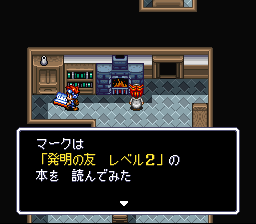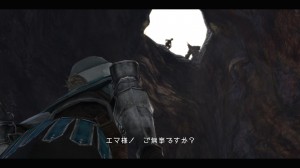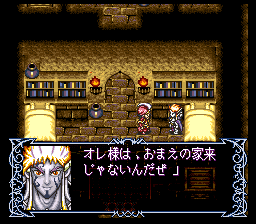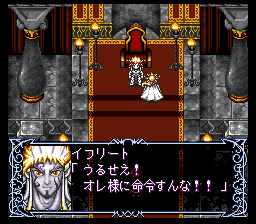Word of the Day: Otokomae ç”·å‰
22 Feb
Word of the Day: ç”·å‰ (noun) handsome man.
Notes: 男 may stand by itself as ãŠã¨ã“ (noun: man). It is the ãŠã¨ã“ in ç”·æ°— (noun: chivalry), ç”·ç‹‚ã„ (noun, suru verb: being wanton; chasing men), and the i-adjective 男らã—ã„ (manly). ç”· is the ã ã‚“ in 男性 (noun: male) and the ãªã‚“ in é•·ç”· (noun: one’s eldest son).
å‰ may be read by itself as ã¾ãˆã€€(in front of or before). It appears in compounds as varied as åˆå‰ã€€(before noon; AM) and å»ºå‰ (tatemae).






